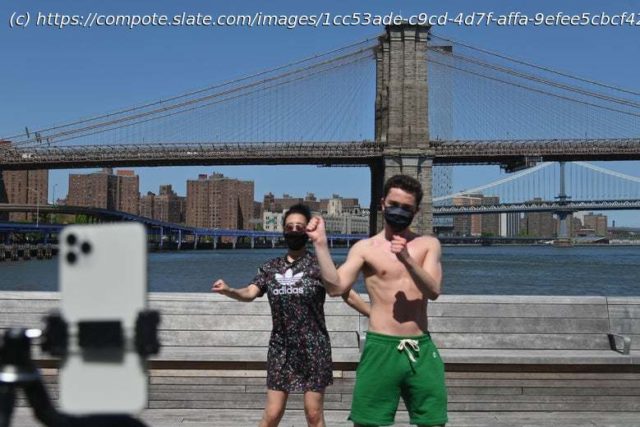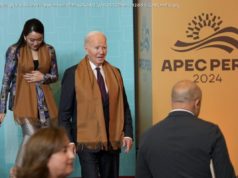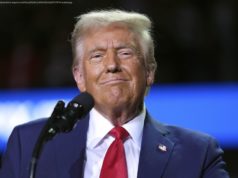Instead of a soft power win for Beijing, the blockbuster app has become a lightning rod for superpower conflict.
Two events occurred in New York City in the fall of 1985 that would profoundly transform the relationship between the United States and Japan. In September, international negotiators meeting at Plaza Hotel agreed to a plan to depreciate the U. S. dollar in relation to the yen, addressing a trade imbalance that U. S. policymakers blamed for decimating American manufacturing. The following month, a Japanese product arrived for the first time in the U. S. to be sold in a handful of New York stores: the Nintendo Entertainment System.
Today, when China is seen as America’s main global adversary, it can be hard to remember the level of hostility elicited by Japan in the United States from the late 1970s through the early 1990s. A former wartime enemy—Pearl Harbor was still in the living memory of middle-aged Americans—had become an economic competitor, and “Japan Bashing” manifested itself in everything from public demolishing of Toyotas to movies like Gung Ho and Rising Sun in which the Japanese were depicted as emotionless automatons or sinister villains. Then as with China today, Asian Americans were subjected to racist and sometimes deadly hostility, whether they were actually Japanese or not.
It would be a stretch to say Super Mario changed all this. (It certainly helped that the U. S. economy recovered while Japan went into a prolonged slump known as the “lost decade,” making it seem like a less potent economic threat.) But the growing popularity of Japanese culture, from video games to anime to manga to Hello Kitty, undoubtedly helped change perceptions about the country, particularly among younger Americans. It was a textbook example of what political scientists call “soft power”—global influence based on having an attractive national culture and ideology rather than military force.
Matt Alt, author of the new book Pure Invention: How Japan’s Pop Culture Conquered the World, says the importance of Nintendo in this story should not be underestimated. “It was made in Japan, it was obviously Japanese, and it compelled you to consume Japanese content, which we did in droves,” he says. “It profoundly transformed our tastes, which is why modern internet culture is so Japan-inflected in many ways.”
The example of Japan’s cultural soft power is worth keeping in mind today, as TikTok, owned by the Chinese firm Bytedance, has found itself in the center of a wider conflict between the United States and China. Amid wide-ranging tensions involving military competition in the South China Sea, human rights abuses in Xinjiang and Hong Kong, trade and intellectual property disputes, and the handling of the coronavirus, the video-sharing app better known for launching viral dance crazes has taken on a surprisingly prominent role. The brewing dispute over the app went nuclear on Friday, when President Trump suggested he would use an executive order to ban the app within the United States. Bytedance is now reportedly planning to divest the U. S. operations of TikTok entirely.
The situation has been building to this for some time, with American policymakers raising concerns that the Chinese government could use the app to collect data on its American users. The House voted in July to bar TikTok from government-issued devices used by federal employees. Some American companies, like Wells Fargo, have also banned the app from corporate devices. ByteDance is also currently the target of a national security investigation by the Committee on Foreign Investment in the U. S.
India already banned TikTok in June amid a border dispute with China. And Pakistan is considering doing the same, citing “immoral, obscene, and vulgar content.






